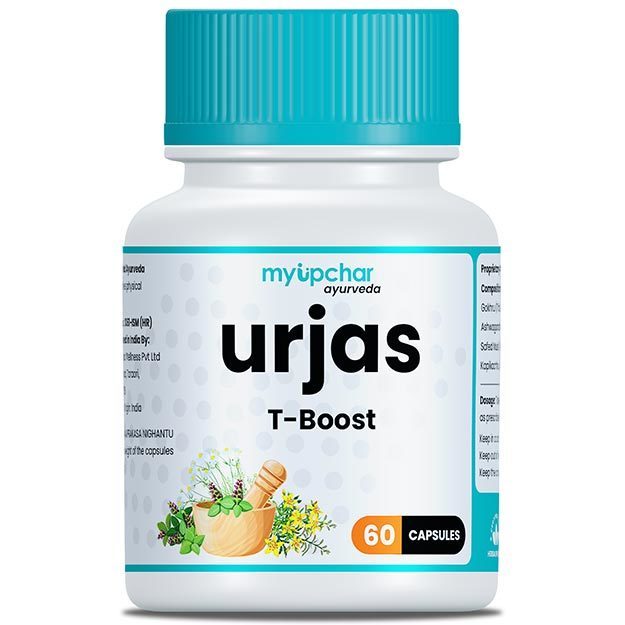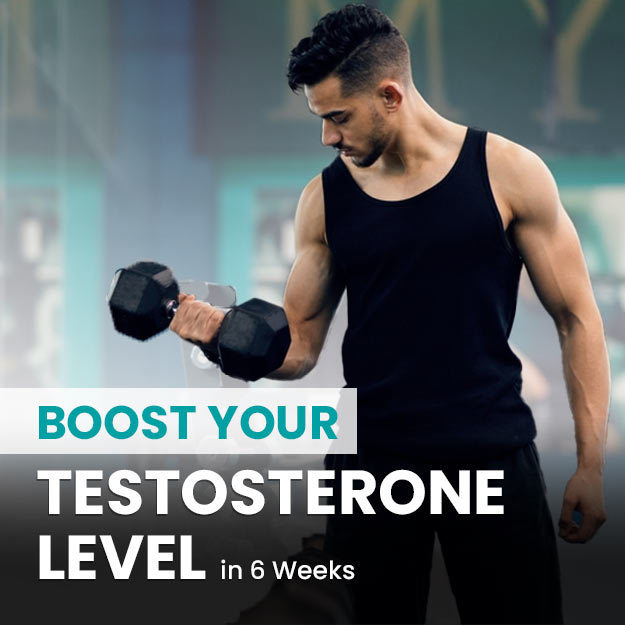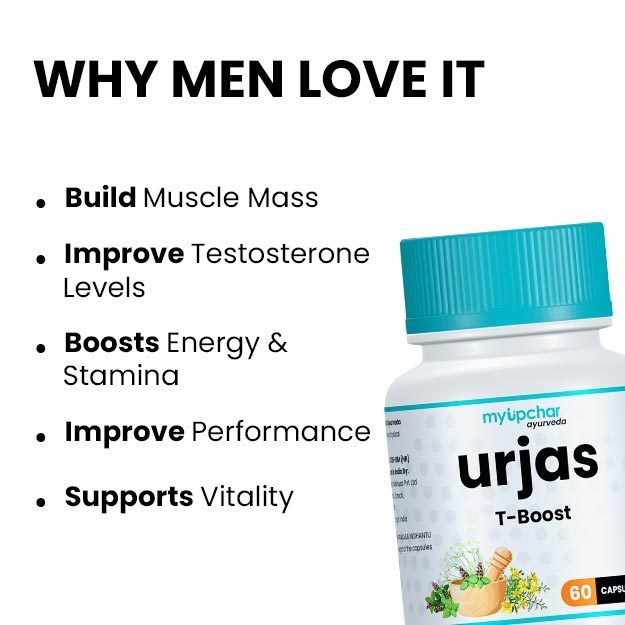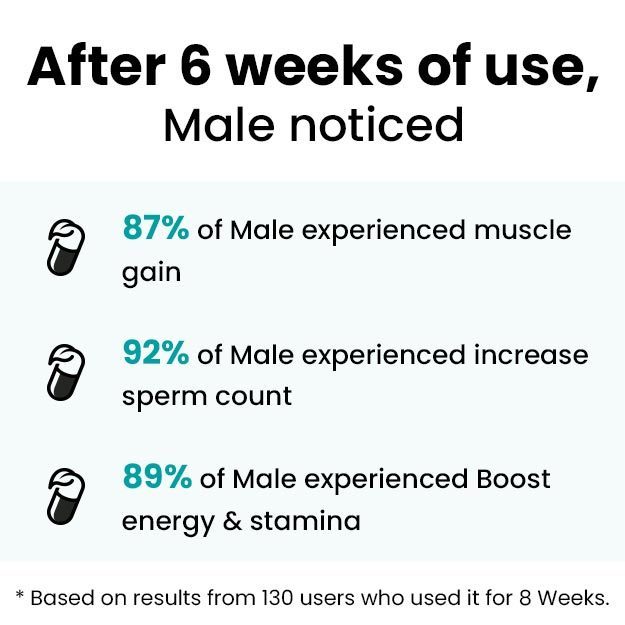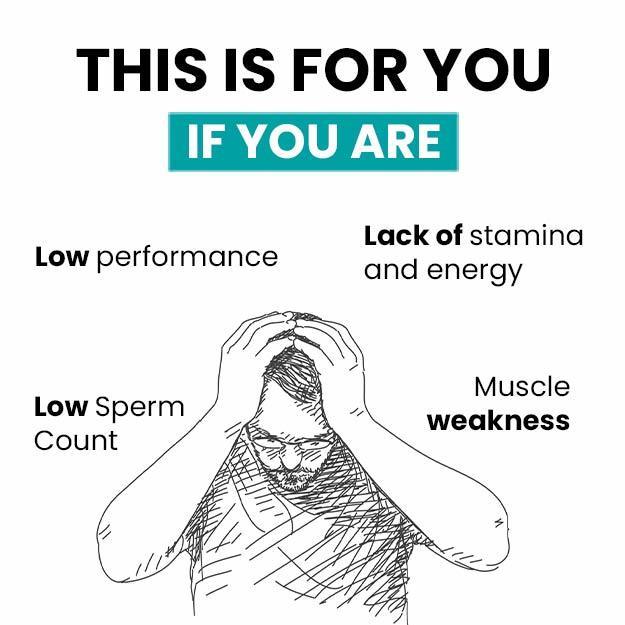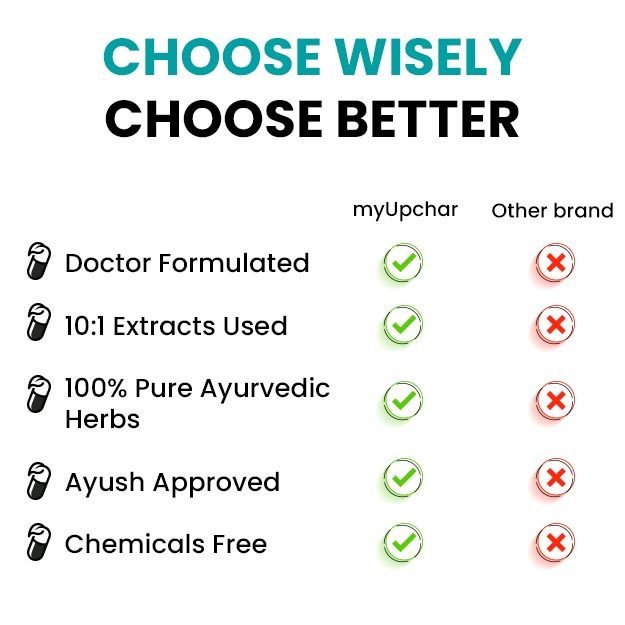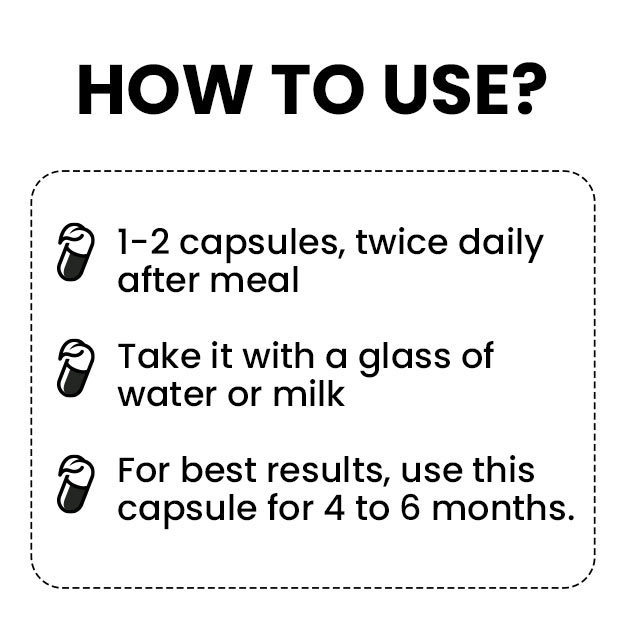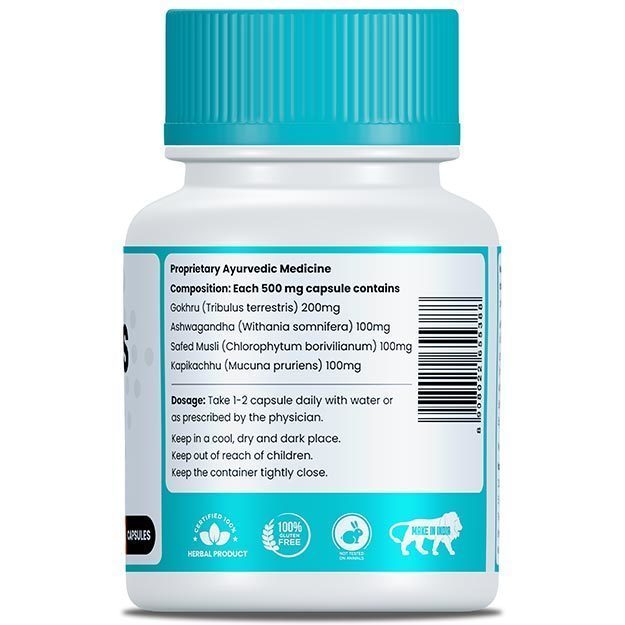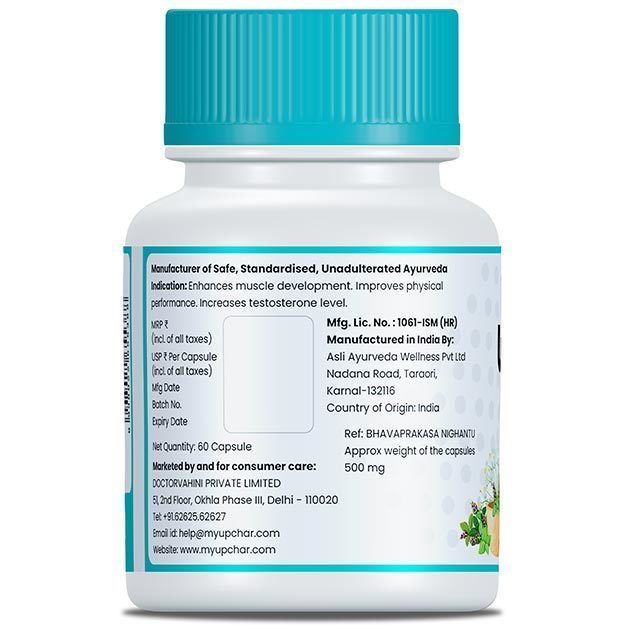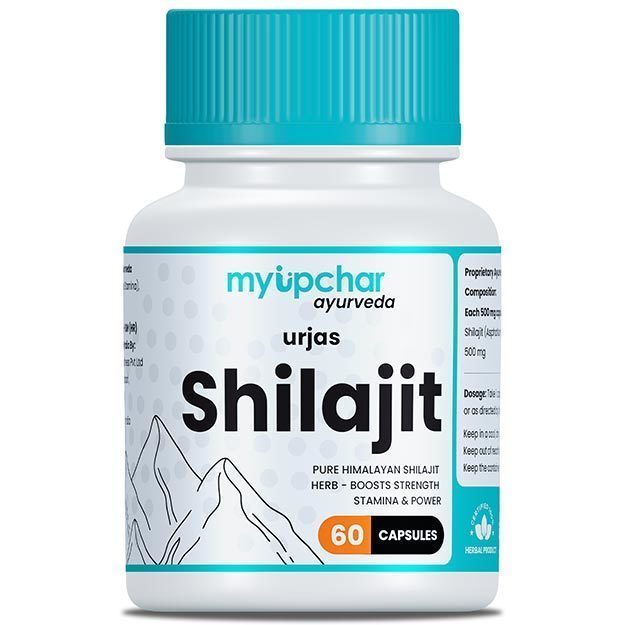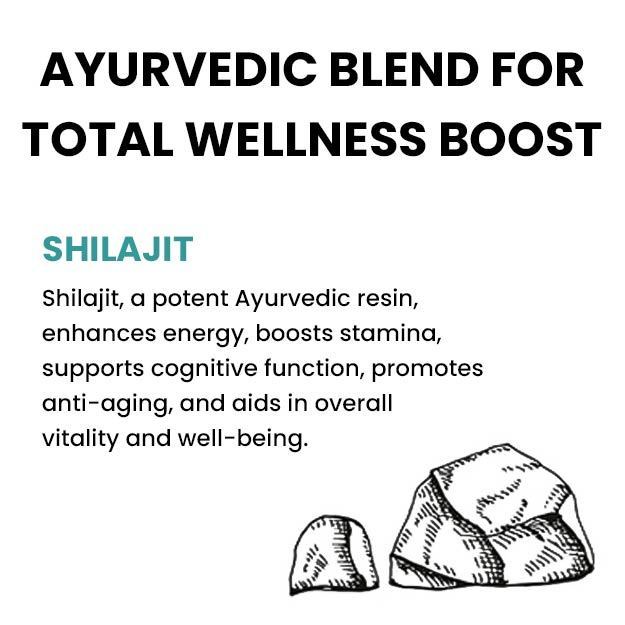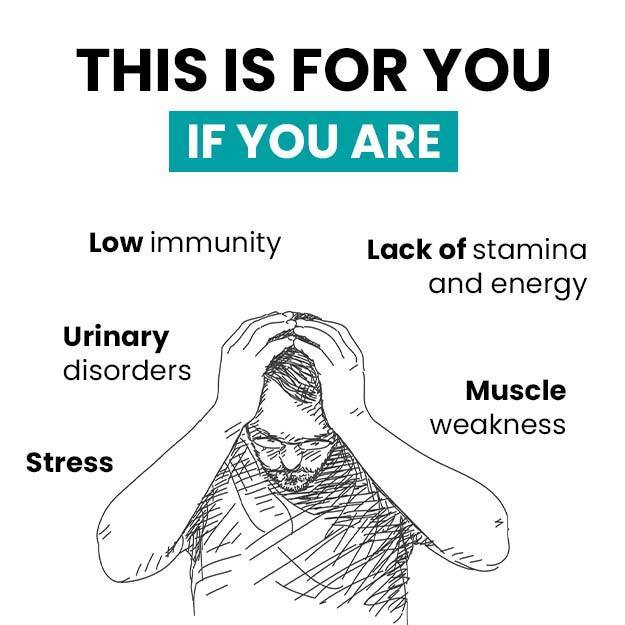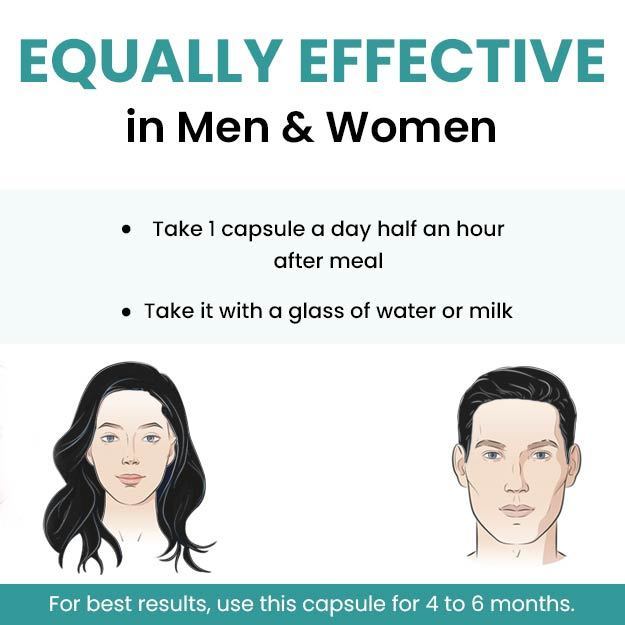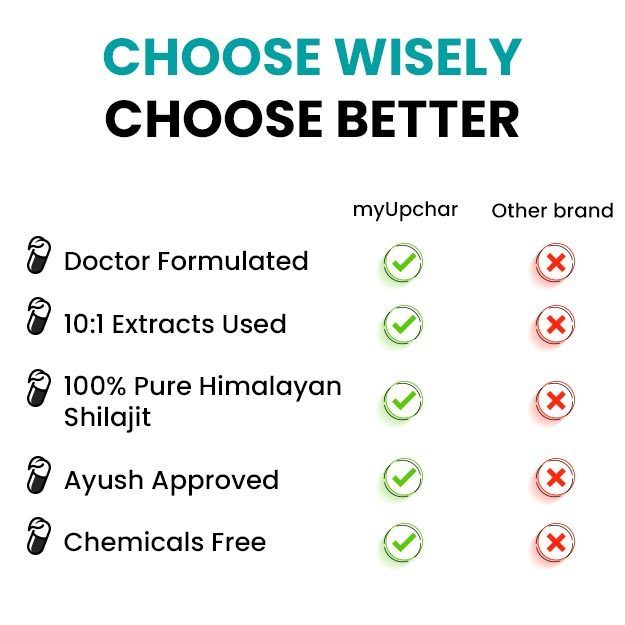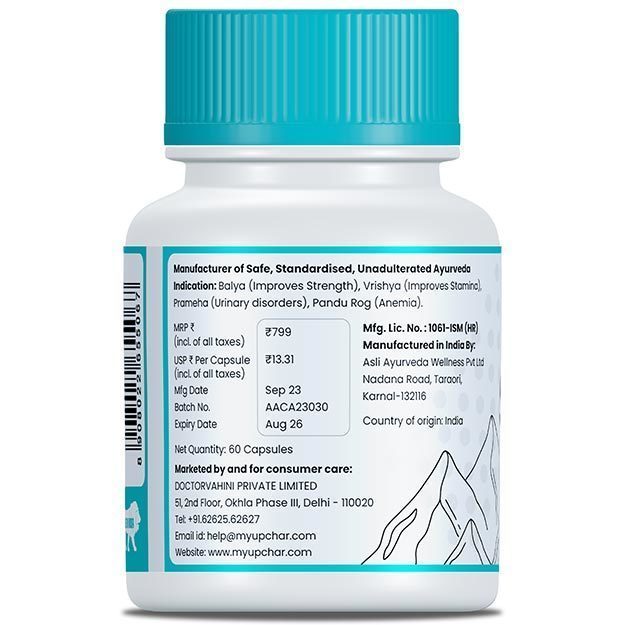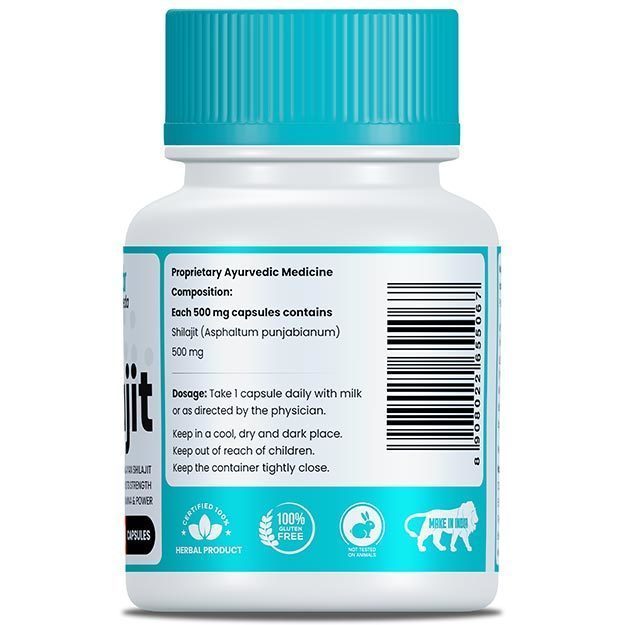Anti-androgen medications are taken in some situations to block the effects of androgens. Androgen therapy, also called testosterone replacement therapy (TRT), can help treat low androgen levels. These types of therapies can play an important role in the treatment of many conditions.
1. Polycystic Ovarian Syndrome (PCOS)
Although most women produce less androgens, women with PCOS produce more androgens. Due to which the following situations occur:
- Ovulation and fertility problems
-
Painful menstruation
-
Excessive hair growth
-
Acne
Hormonal therapy may be recommended to lower androgen levels and reduce symptoms associated with PCOS.
2. Tumors and Related Conditions
Some other conditions associated with high androgen levels in women include:
Although anti-androgens may not be able to treat the conditions themselves, they may help treat common concomitant conditions, including:
Androgens play a role in stimulating cancer cell growth in the prostate. As a result, anti-androgen therapy may sometimes be used to treat prostate cancer, especially if the cancer has spread so far that surgery or radiation alone is not possible.
Read more - (Progesterone Hormone - Fluctuating Symptoms)
Anti-androgen therapy can help shrink existing tumors as well as slow the rate of growth of new cancers. Anti-androgens, however, do not completely stop androgen production, so doctors may recommend additional treatments such as surgery or other medications to reduce androgen levels even further. TRT may negatively affect male fertility and sperm production. Alternative medications can increase testosterone levels without negatively impacting male fertility and help improve male fertility.
3. Breast Cancer
Researchers have recently discovered a strong link between androgen receptors and the development of breast cancer. A 2021 study found that androgen therapy helps eliminate tumors in a certain type of breast cancer called estrogen receptor (ER)-α-positive breast cancer.
Read more - (Sex Hormone Test)




